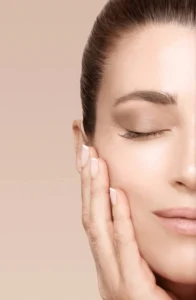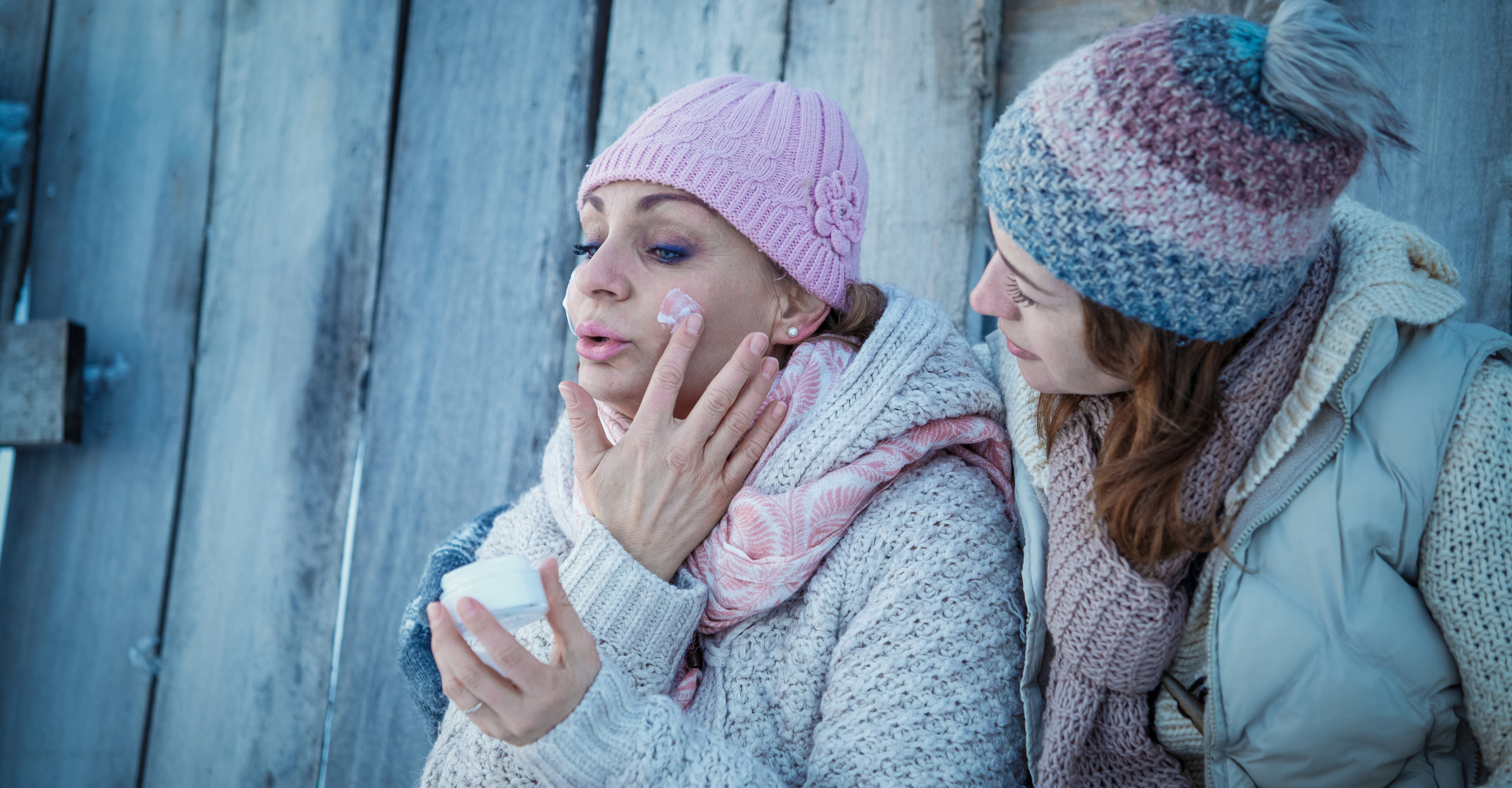Winter brings a magical ambiance of snow, cozy sweaters, and warm drinks, but it also comes with its fair share of skin woes. The chilly air, low humidity, and indoor heating can strip the skin of its natural moisture, leading to dryness, flakiness, and irritation. Proper skin hydration during winter is not just about aesthetics; it’s essential for maintaining a healthy skin barrier and overall skin health.
This guide delves into the causes of winter skin dryness, the importance of hydration, and practical strategies to keep your skin glowing all season long.
Why Does Skin Get Dry in Winter?
Winter dryness is a common phenomenon caused by several environmental and physiological factors:
- Low Humidity: Cold air holds less moisture, making the environment drier.
- Indoor Heating: Central heating systems and space heaters reduce indoor humidity, exacerbating skin dryness.
- Hot Showers: Although comforting, prolonged hot showers strip the skin of its natural oils.
- Harsh Winds: Cold winds can cause chapping and increase water loss from the skin.
- Impaired Skin Barrier: Dry conditions weaken the skin’s protective barrier, making it prone to irritation and moisture loss.
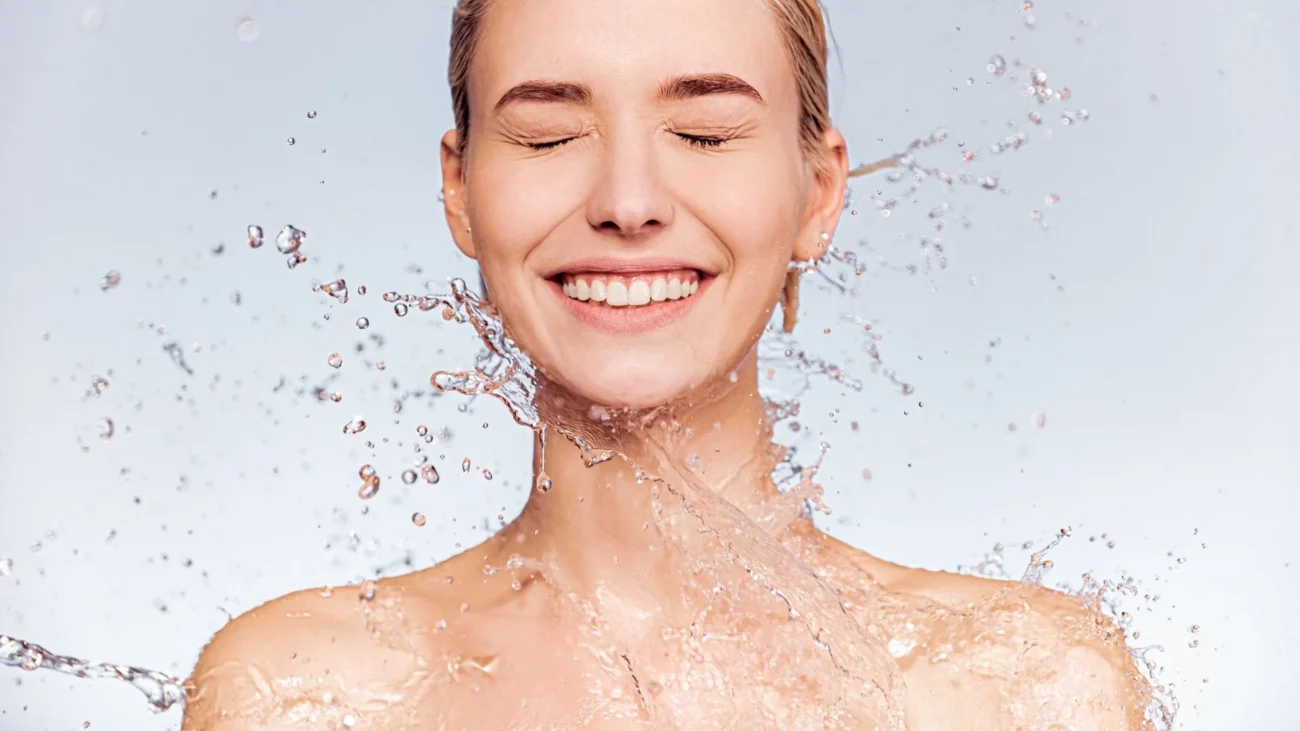
Importance of Skin Hydration
Hydrated skin is healthy skin. Here are the key benefits of maintaining proper hydration:
- Strengthened Skin Barrier: Moisture helps protect the skin from environmental stressors and pathogens.
- Improved Elasticity: Hydrated skin is more supple and resilient, reducing the appearance of fine lines.
- Enhanced Texture: Proper hydration prevents flakiness and rough patches, giving skin a smoother feel.
- Reduced Sensitivity: Moisturized skin is less likely to experience redness, itching, or irritation.
- Promotes Healing: Hydration aids in the repair of damaged skin cells and faster recovery from dryness-related issues.
Signs Your Skin Needs More Hydration
- Flakiness or peeling
- Tightness, especially after washing your face or hands
- Dull, lackluster complexion
- Cracks or fissures
- Itchiness or redness
If you’re experiencing these symptoms, it’s time to prioritize your winter skincare routine.
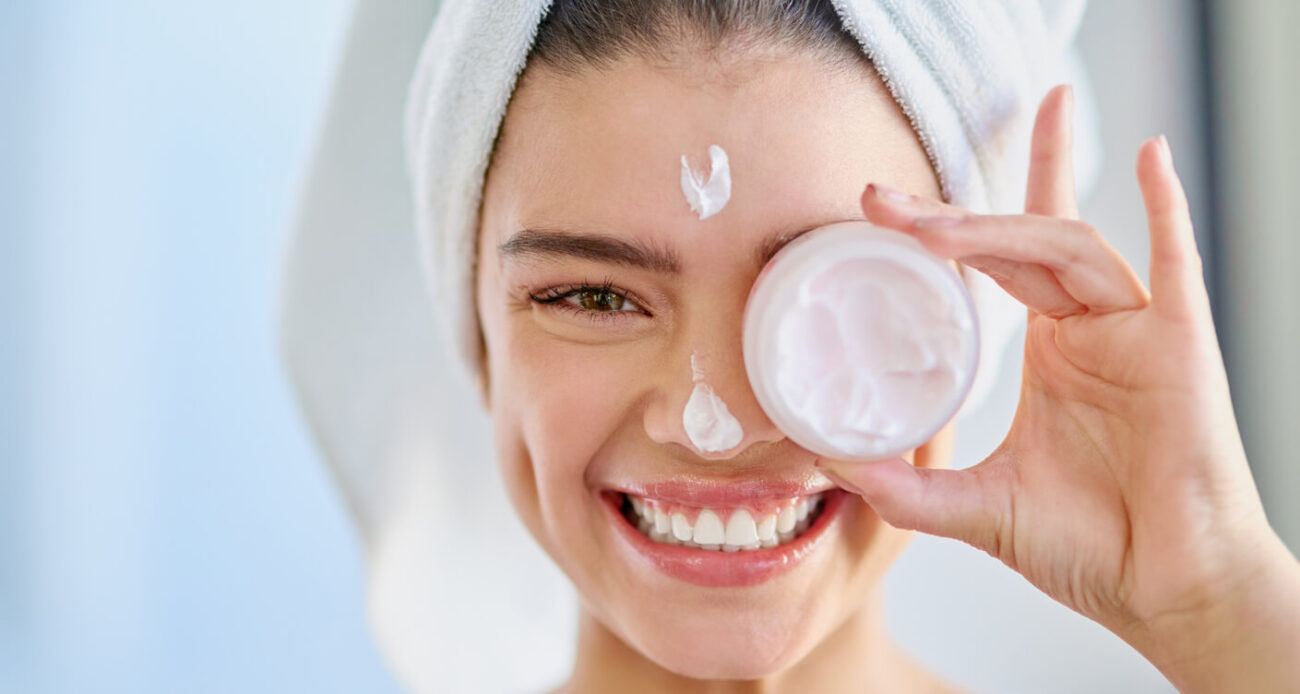
Best Practices for Winter Skin Hydration
- Choose a Hydrating Cleanser:
- Opt for a gentle, non-foaming cleanser that cleans without stripping natural oils.
- Look for ingredients like glycerin or ceramides that retain moisture.
- Moisturize Immediately After Cleansing:
- Apply moisturizer to damp skin within three minutes of washing to lock in hydration.
- Use thicker creams or balms with occlusive ingredients like petrolatum, shea butter, or beeswax during winter.
- Incorporate Humectants:
- Use products containing humectants like hyaluronic acid, glycerin, or urea to attract water to the skin.
- Layer Skincare Products:
- Start with lightweight, hydrating serums and layer them with richer creams.
- Finish with an oil or balm to seal in moisture.
- Use a Humidifier:
- Add moisture to the air by using a humidifier in your living and sleeping spaces.
- Aim for indoor humidity levels between 40-60%.
- Protect Your Skin from the Elements:
- Wear gloves, scarves, and hats to shield your skin from harsh winds.
- Apply a broad-spectrum sunscreen, even on cloudy days, to protect against UV rays and winter glare.
- Stay Hydrated Internally:
- Drink plenty of water throughout the day to maintain skin hydration from within.
- Include water-rich foods like cucumbers, oranges, and watermelon in your diet.
- Avoid Over-Exfoliation:
- Limit exfoliation to once or twice a week to prevent disrupting the skin barrier.
- Choose gentle exfoliants like lactic acid or enzyme-based products.
Ingredients to Look For in Winter Skincare
- Hyaluronic Acid:
- Retains up to 1,000 times its weight in water.
- Provides immediate and lasting hydration.
- Ceramides:
- Strengthen the skin barrier by replenishing natural lipids.
- Glycerin:
- A humectant that draws water to the skin’s surface.
- Shea Butter:
- Rich in fatty acids, it deeply nourishes and protects dry skin.
- Aloe Vera:
- Soothes irritation and provides lightweight hydration.
- Squalane:
- Mimics natural skin oils and locks in moisture without feeling greasy.
- Niacinamide (Vitamin B3):
- Improves the skin barrier and reduces redness.
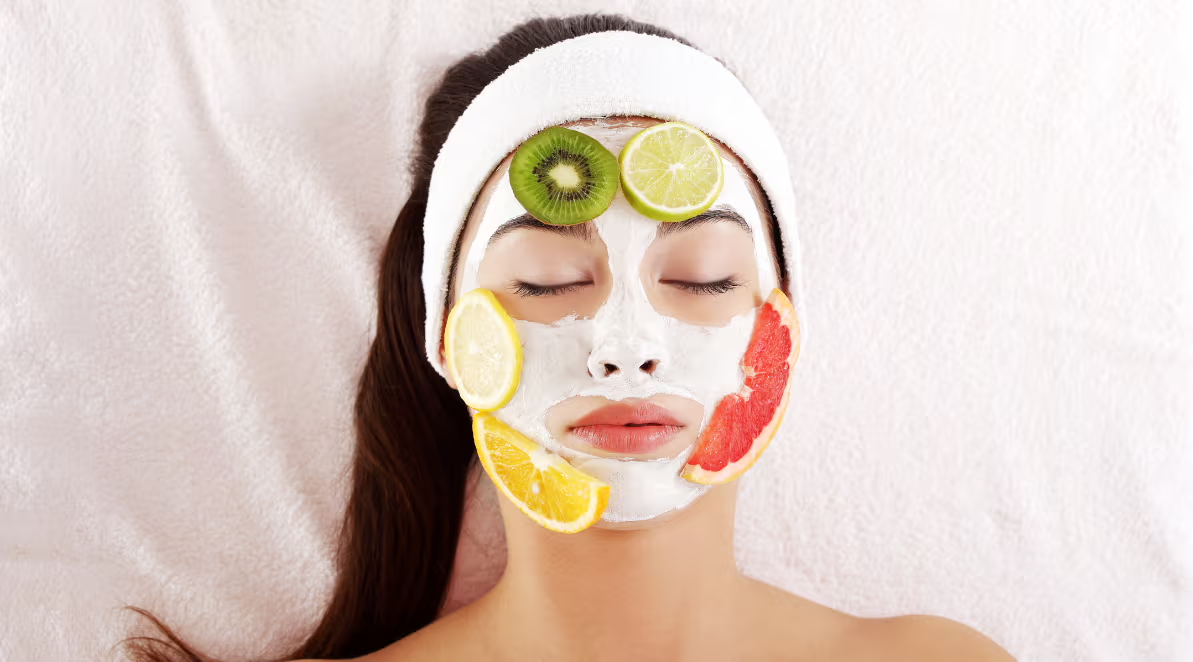
DIY Winter Skin Hydration Remedies
1. Honey and Yogurt Mask:
- Mix 1 tablespoon of honey with 2 tablespoons of plain yogurt.
- Apply to the face and leave on for 15 minutes before rinsing.
- Benefits: Hydrates and soothes dry, irritated skin.
2. Avocado and Olive Oil Mask:
- Mash half an avocado and mix with 1 teaspoon of olive oil.
- Apply to the skin and leave on for 20 minutes.
- Benefits: Nourishes with essential fatty acids and vitamins.
3. Oatmeal Bath:
- Add 1 cup of colloidal oatmeal to your bathwater.
- Soak for 15-20 minutes to calm and hydrate the skin.
Common Mistakes to Avoid
- Skipping Sunscreen:
- UV rays are present year-round; protect your skin with SPF 30 or higher.
- Using Harsh Soaps:
- Avoid cleansers with sulfates or alcohol that strip natural oils.
- Not Adjusting Your Routine:
- Switch to richer products during winter to meet the skin’s changing needs.
- Overlooking Hands and Lips:
- Use a hand cream and lip balm regularly to prevent chapping.
Lifestyle Tips for Better Hydration
- Diet: Eat foods rich in omega-3 fatty acids (salmon, walnuts) and antioxidants (berries, spinach).
- Limit Hot Showers: Use lukewarm water to avoid stripping the skin’s natural oils.
- Sleep with a Humidifier: This prevents overnight moisture loss.
- Wear Breathable Fabrics: Avoid scratchy materials that can irritate dry skin.
When to Consult a Dermatologist
If dryness persists despite proper care, or if you experience severe redness, cracking, or irritation, consult a dermatologist. Conditions like eczema or psoriasis may require specialized treatments.
Conclusion
Winter skin hydration is essential for maintaining a healthy, radiant complexion during the colder months. By adopting a tailored skincare routine, choosing the right products, and making small lifestyle changes, you can protect your skin from the harsh winter elements. Remember, hydrated skin is not just about beauty; it’s a reflection of your overall health and well-being.
Embrace these tips and enjoy the winter season with soft, supple, and nourished skin!
